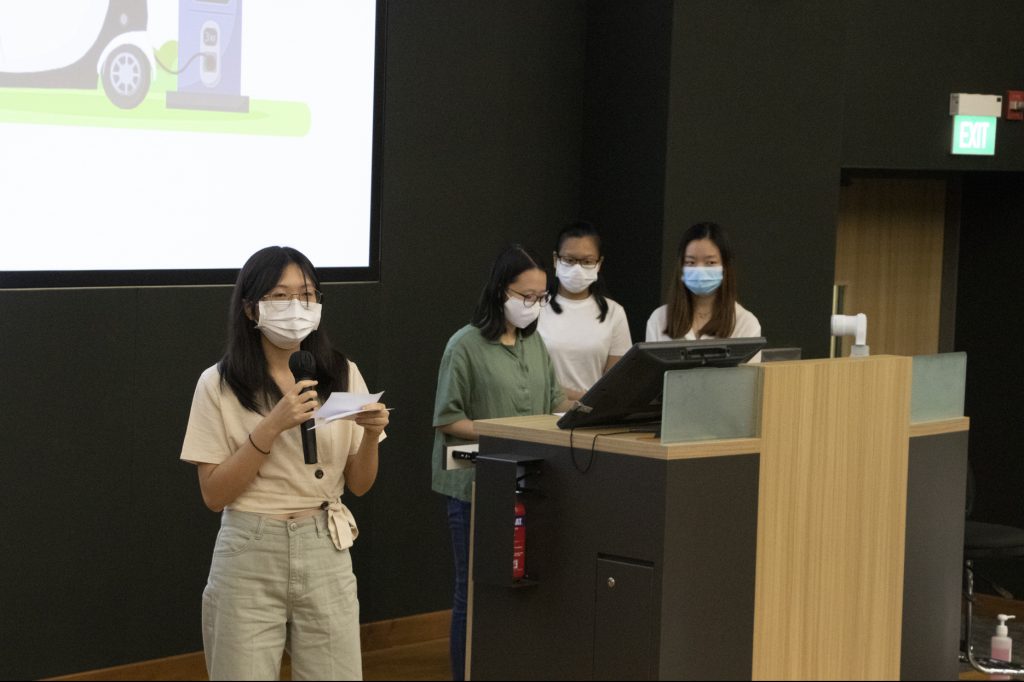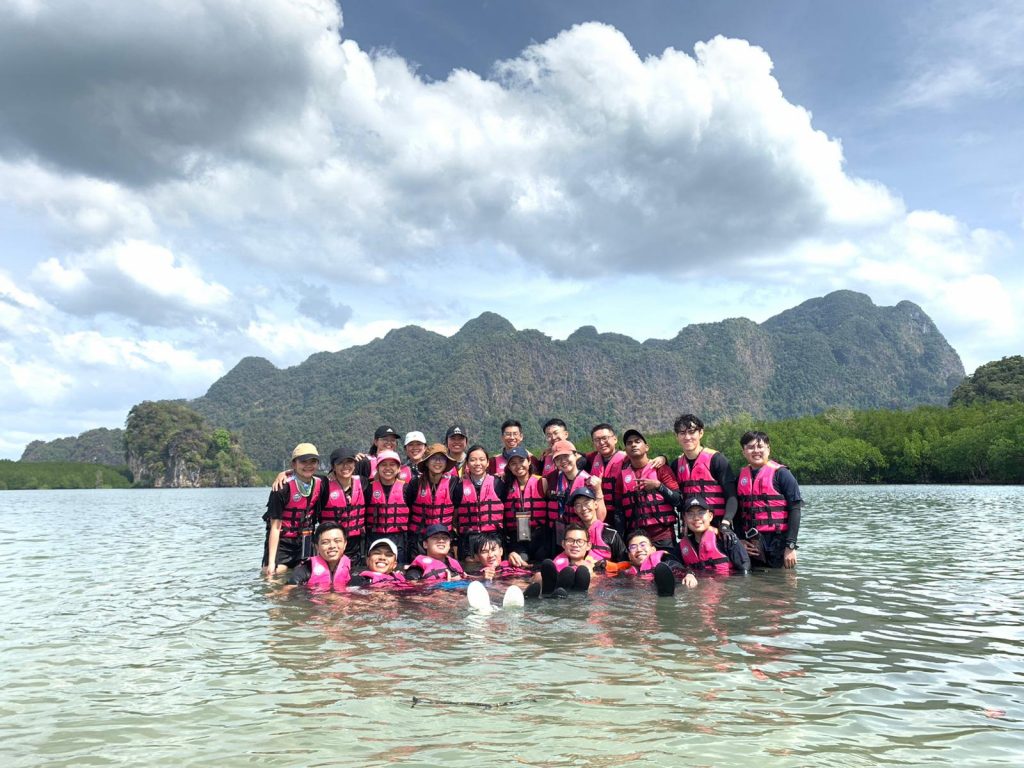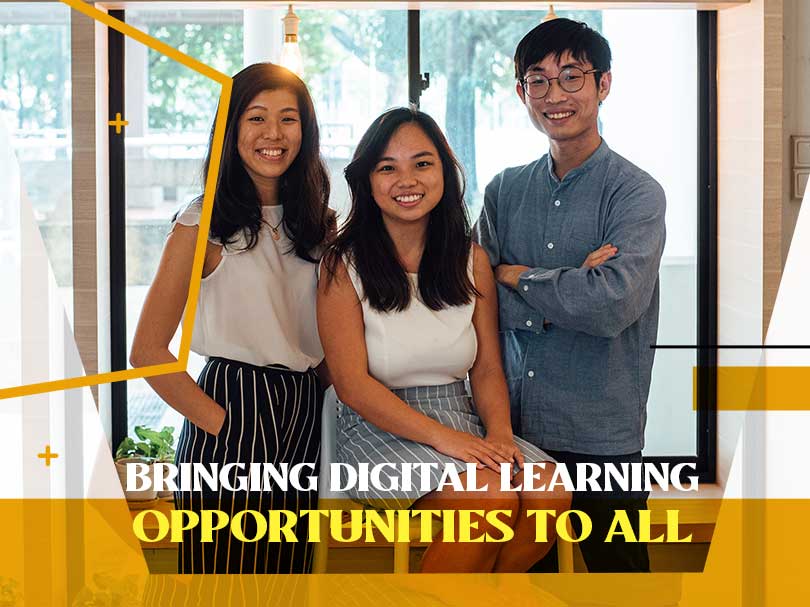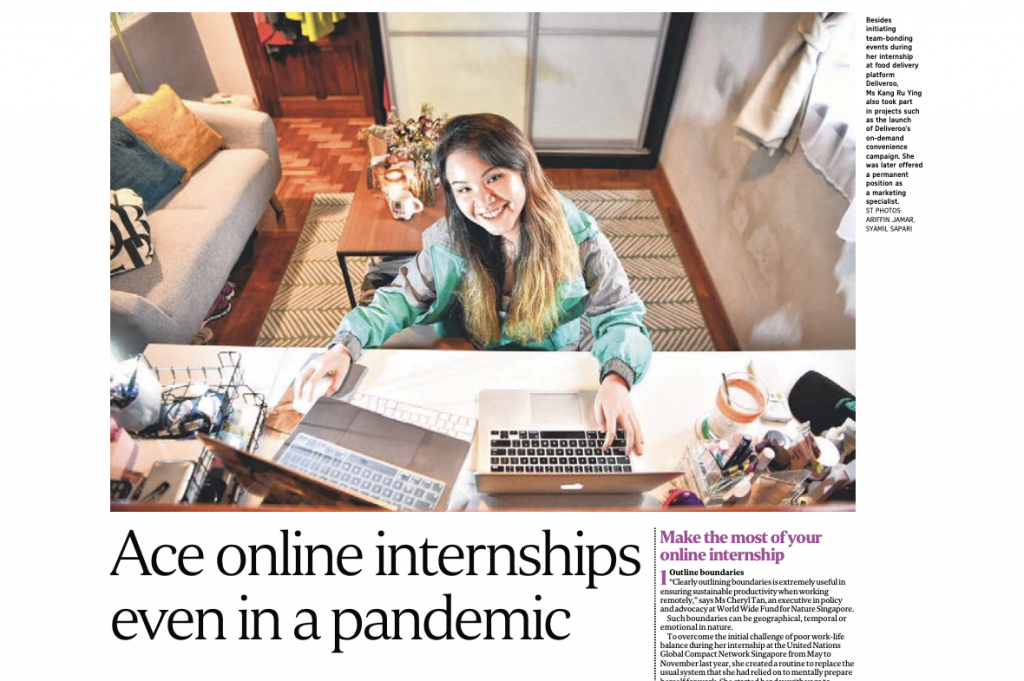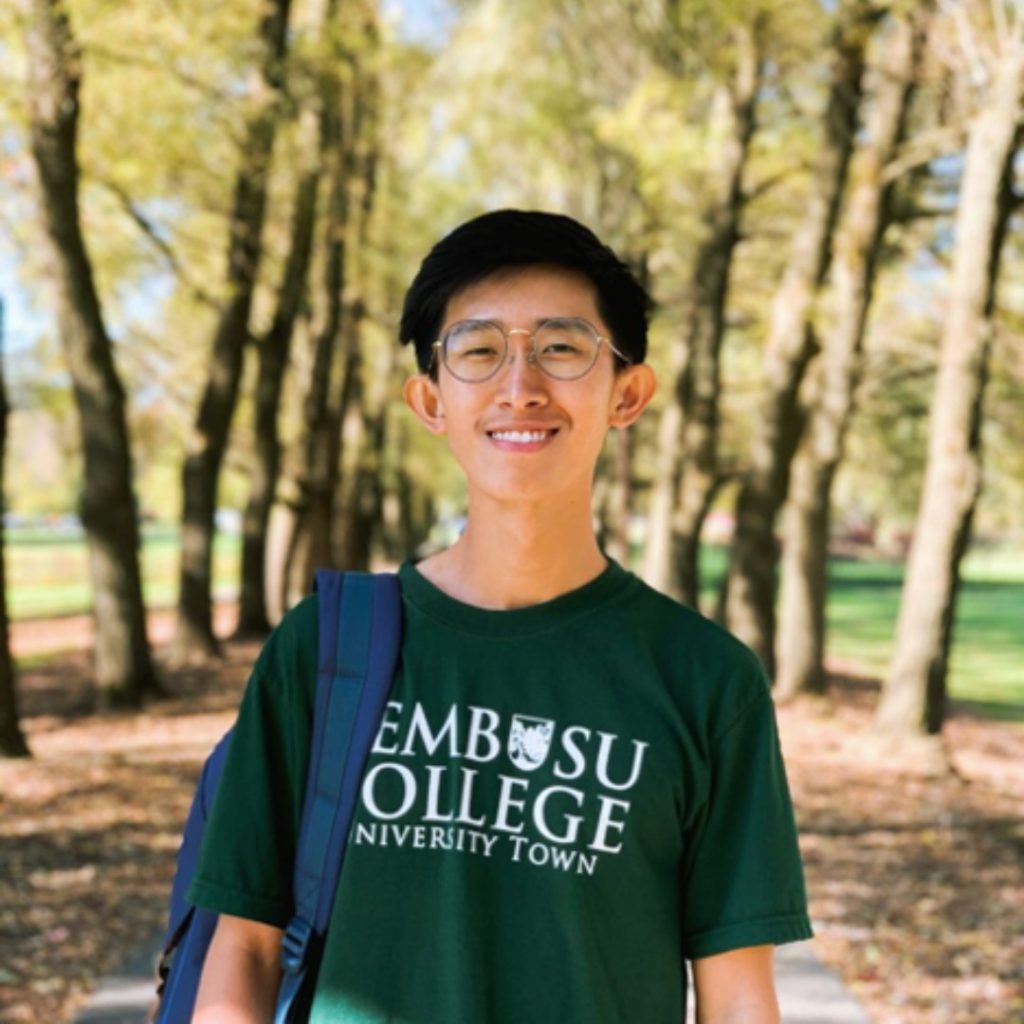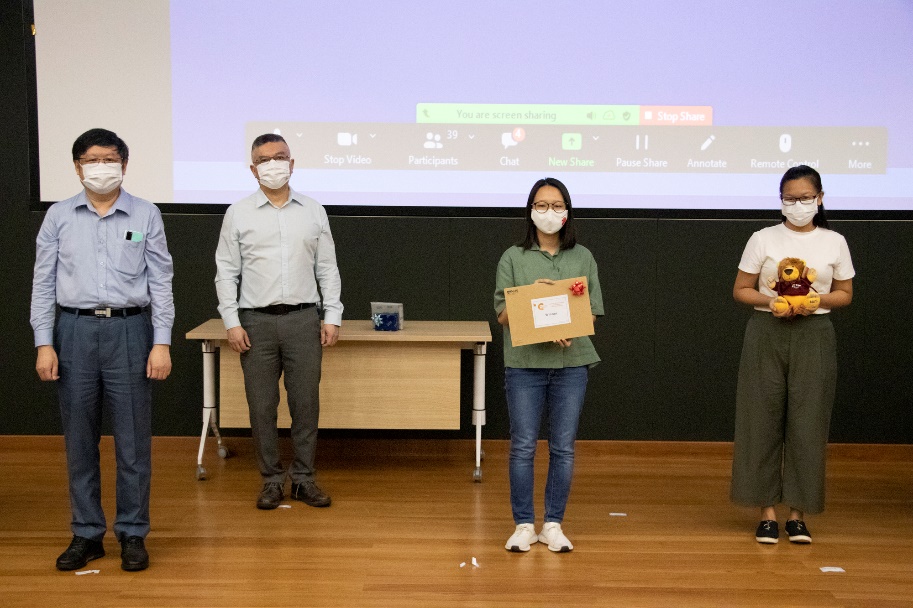Open to all NUS students, the CHS Case Competition saw participants tackle the problem from a multitude of angles, including technical innovation, regulation, cost, and consumer education, charging behaviour, mindset change, acceptance, and willingness to pay.
NUS students have a world of learning opportunities beyond academic pursuits, to co-curricular activities (CCAs), special interest groups, competitions and …
NUS Vice Provost (Masters’ Programmes & Lifelong Education) and Dean of the School of Continuing & Lifelong Education (SCALE) Prof Susanna LEONG takes us through NUS’ lifelong learning initiatives and the importance of continually upskilling and reskilling to stay relevant in a fast-changing world.
Fresh Quantitative Finance graduate Victor ZHU and his like-minded friends at Ridge View Residential College (RVRC) co-founded Hatch, a training …
Our students enjoy the experience of being part of NUS’ vibrant campus community. From academic pursuits to co-curricular activities (CCAs), …
Minister for Education Chan Chun Sing recently spoke on the changing world after the pandemic and the importance of education, …
Mr Jonathan Sim, instructor from the Department of Philosophy, advises on designing regular quizzes as a tool to ensure students review their assignment feedback and address gaps in their understanding.
Learn the 6 tips on having a successful internship: set boundaries to ensure long-term productivity, clarify expectations with one’s supervisor to stay on track, build a strong support network to clarify doubts in a safe environment, ask questions when facing mental roadblocks, seek opportunities and outline goals at the start of the internship.
Keith SNG, Year 4, Environmental Studies, describes his Student Exchange Programme (SEP) experience as nothing short of eye-opening, Keith went …
Team Lorax emerged victorious at the recently concluded College of Humanities and Sciences (CHS) Case Competition 2021 which was held …
Team Lorax emerged winners at inaugural CHS competition Read More »


